The protein helps convert white fat tissue into calorie-burning beige fat, providing a potential target for weight loss and obesity treatments.


The protein helps convert white fat tissue into calorie-burning beige fat, providing a potential target for weight loss and obesity treatments.
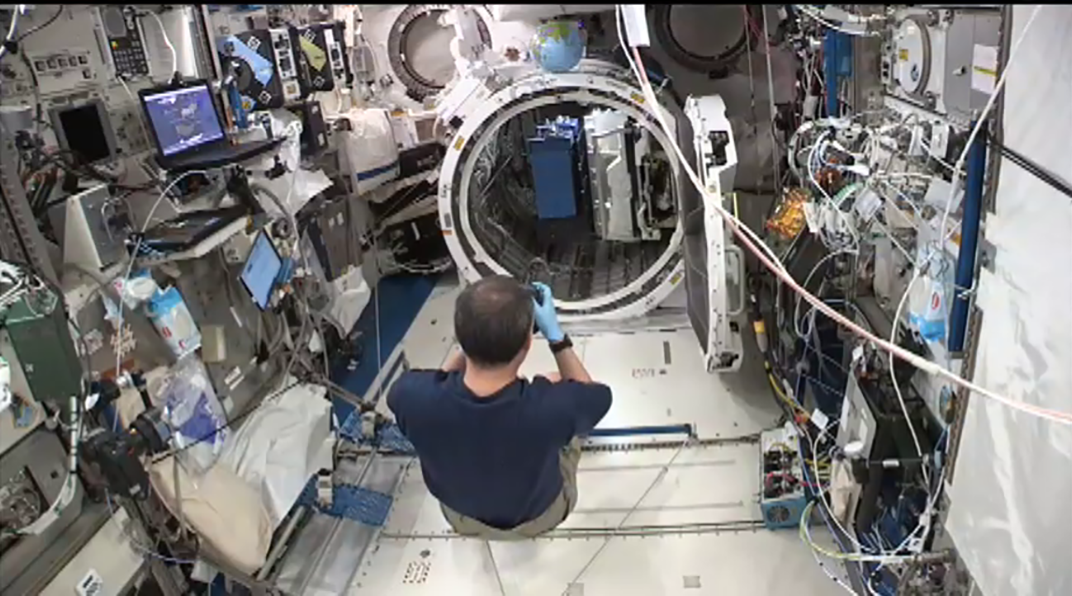
Cosmic radiation degrades medications like ibuprofen, highlighting the need for new “space” medicines with modified formulations.
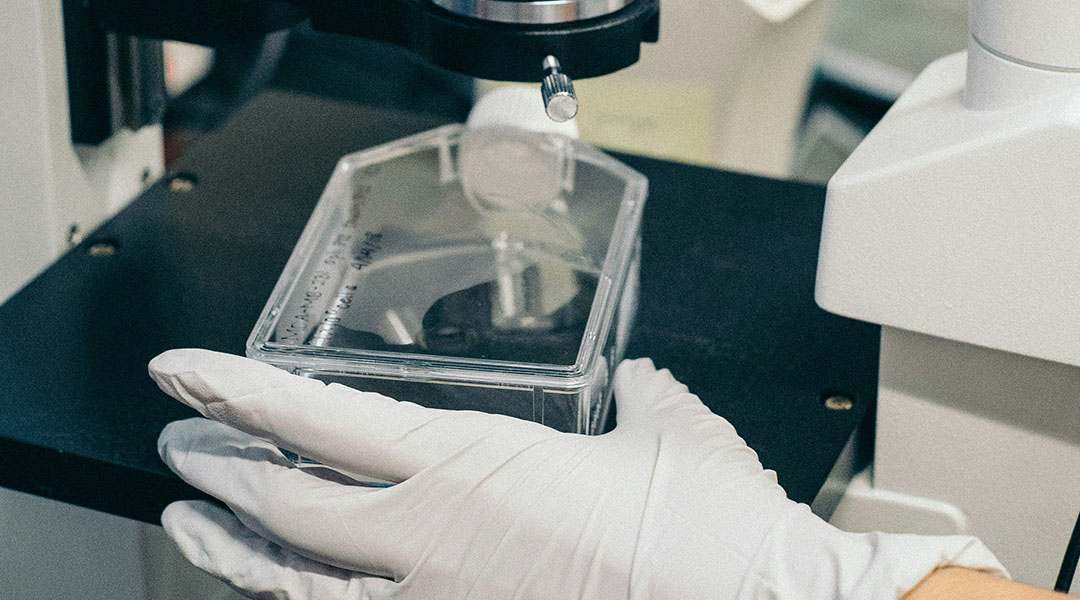
Scientists use mild electrical currents to treat skin infections, presenting an antibiotic-free solution amid rising antimicrobial resistance.
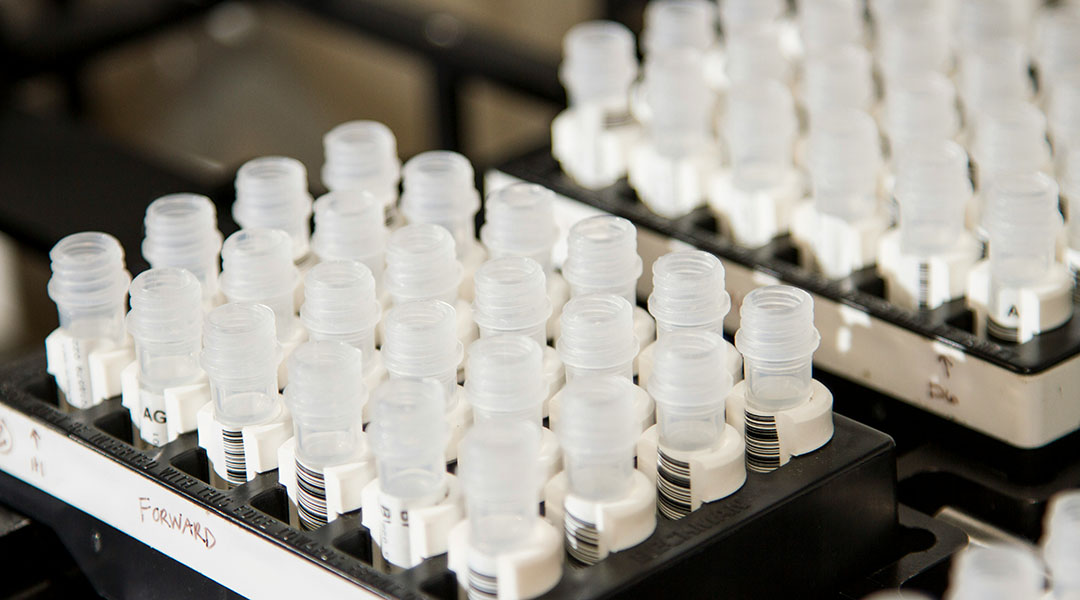
Scientists develop new drug delivery system that targets tumors then exists the body using “switchable” chemistry.
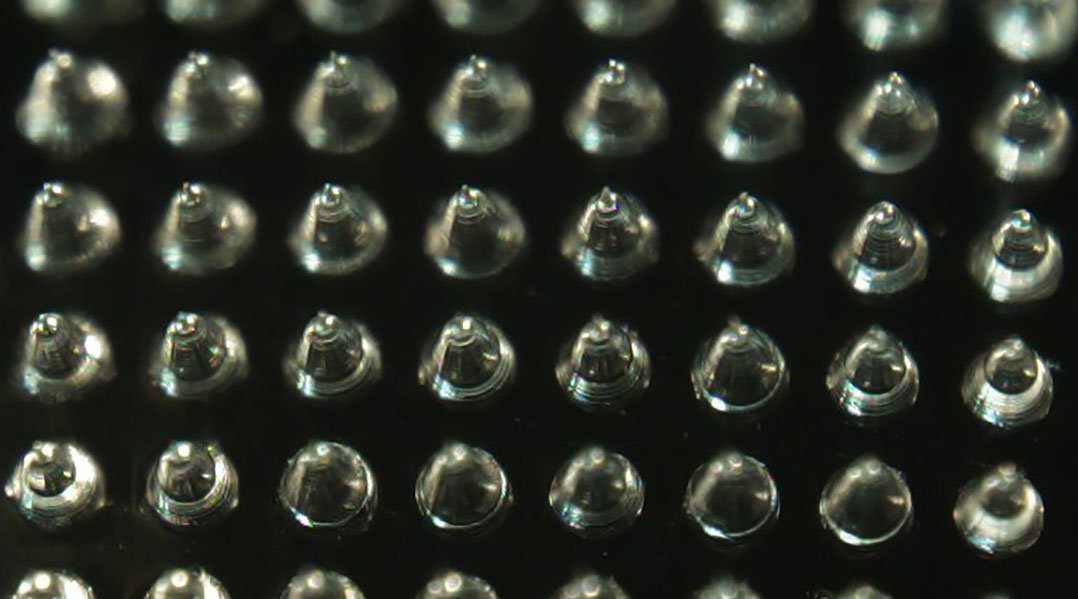
Microneedles allow scientists to precisely control the delivery of drugs to chronic wound sites and restore natural healing processes.
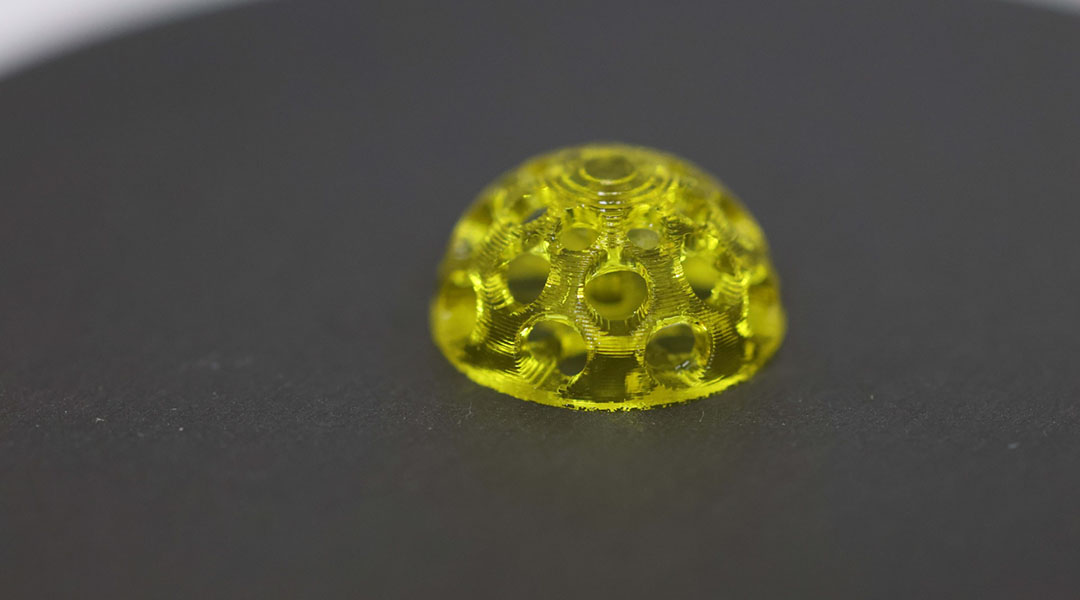
The customizable implant releases an anticancer drug in the presence of new tumors that might go undetected by MRI.
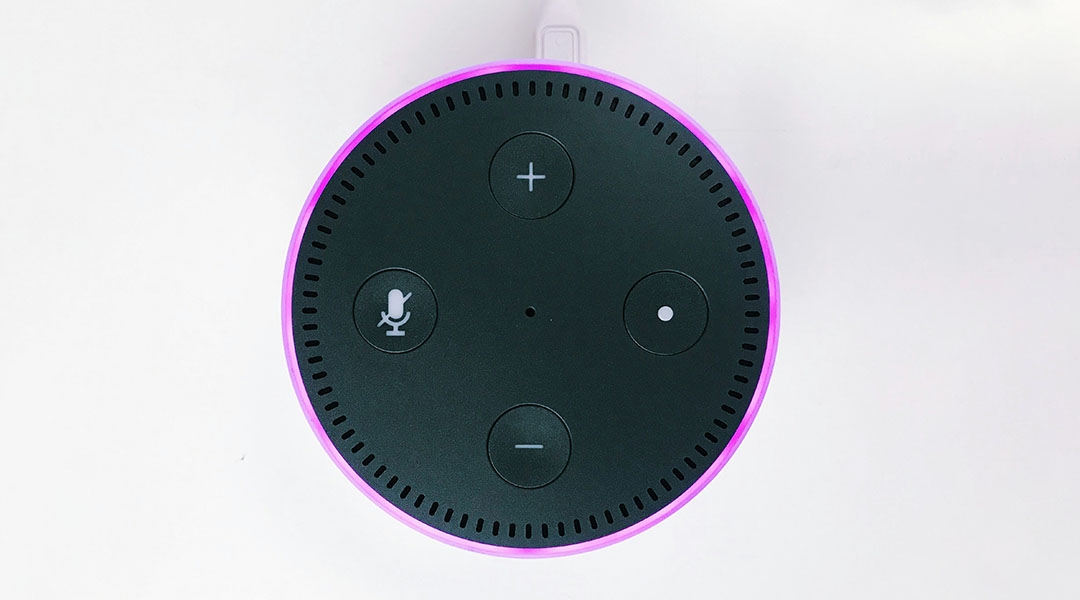
Scientists explored whether evidence backs up the growing belief that voice assistants like Alexa can alleviate loneliness, especially in the elderly.
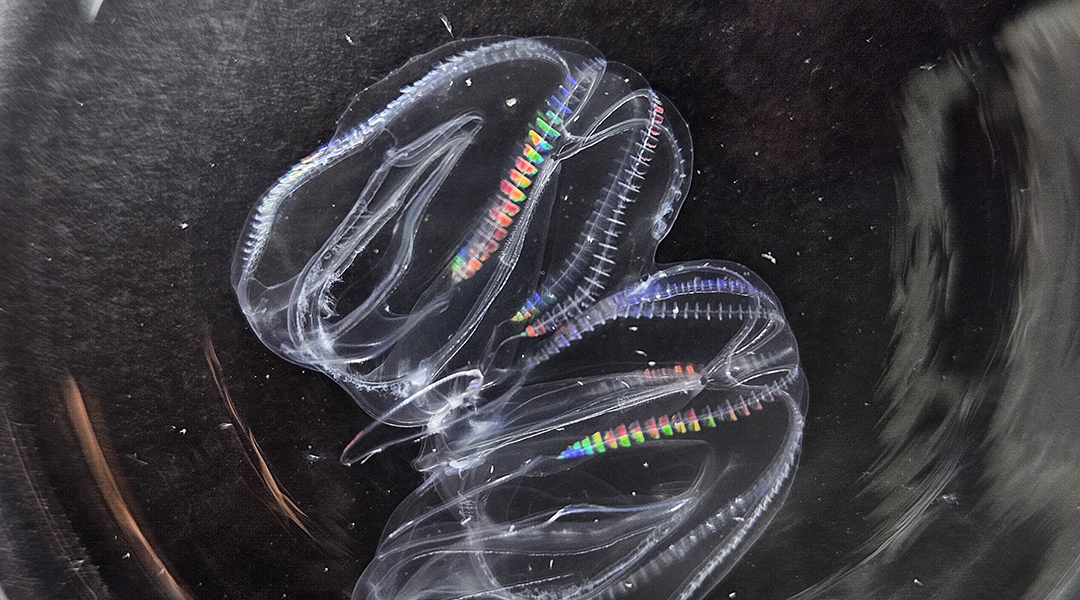
Two individual comb jellies can fuse into a single organism, providing an incredible feat of regeneration rarely seen in the animal world.
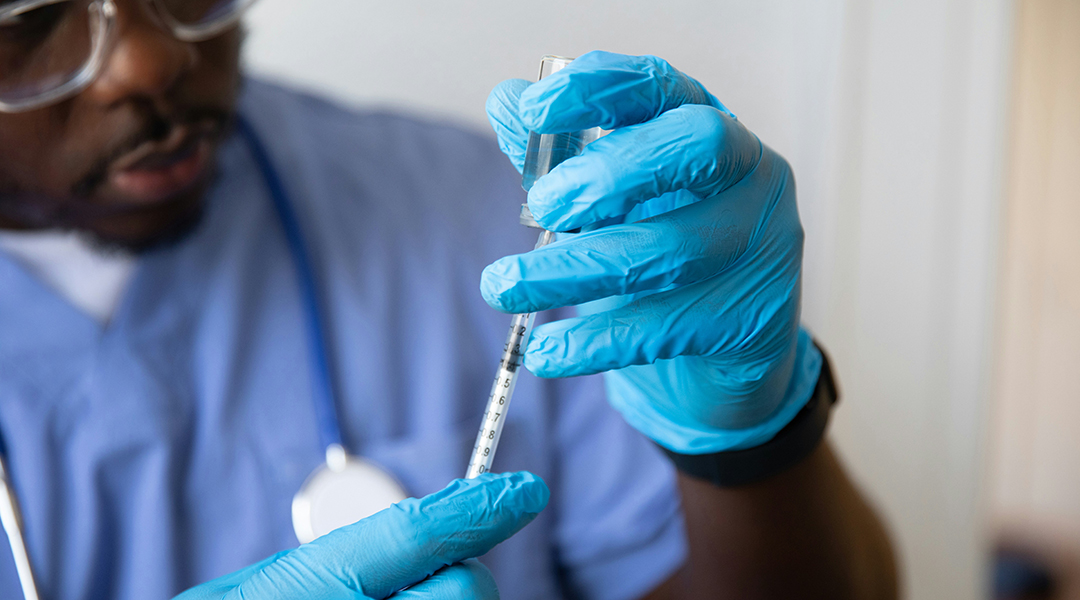
Researchers use enzymes to link antigens and adjuvants, creating safer and more effective vaccines by lowering the required adjuvant dosage.

Researchers have discovered that a protein produced by parasitic worms in the gut enhances wound healing in mice.